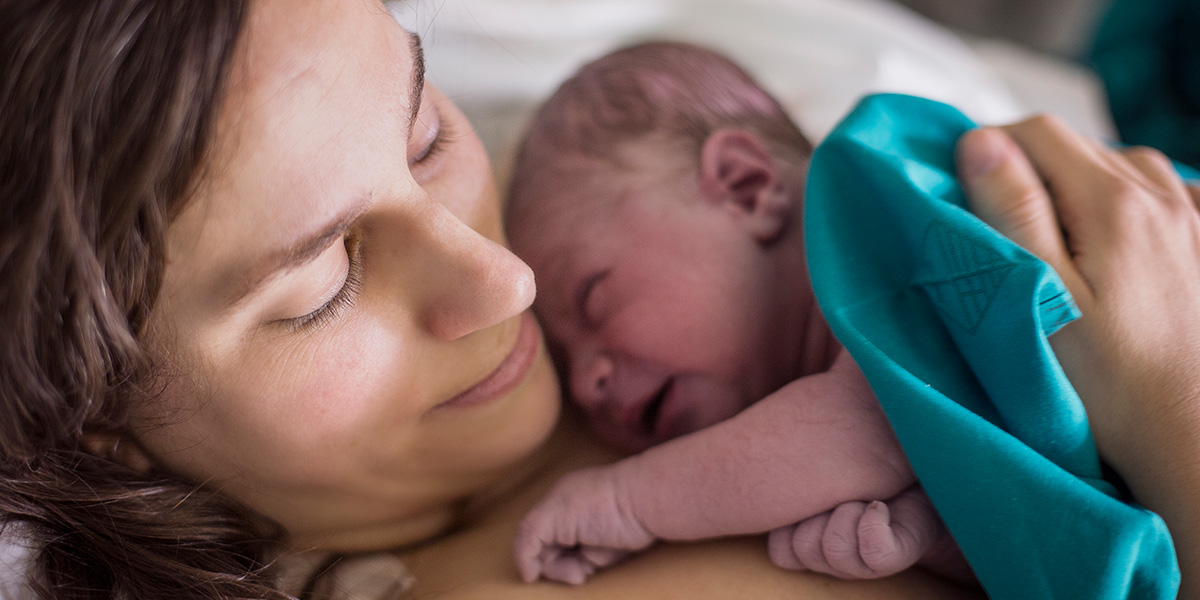
When it comes to verifying birth facts, accuracy is of utmost importance. Whether you are conducting genealogical research or need to authenticate your own birth information, having access to reliable and verifiable birth records is crucial. Luckily, there are multiple methods and resources available that can help confirm the accuracy of birth facts. From official government documents, such as birth certificates and census records, to online databases and DNA testing, individuals can explore a range of options to ensure the correctness of their birth information. In this article, we will discuss eleven different verification methods that can be used to confirm birth facts. So, let’s dive in and explore the various avenues for verifying this essential piece of personal information.
Key Takeaways:
- Birth facts can be verified through documents like birth certificates, hospital records, and DNA testing. These provide essential information about a person’s birth and parentage.
- Other sources like witness statements, passport applications, and family Bibles can also be used to confirm birth facts, ensuring accurate and reliable information.
Birth Certificates
Birth certificates are the most common form of verification for birth facts. Issued by the government, they contain essential information such as the date, time, and location of birth, as well as the names of the parents.
Hospital Records
Hospital records can also serve as proof of birth. These records include details about the delivery, medical procedures performed, and any complications that may have arisen during childbirth.
Witness Statements
Witness statements from individuals present at the time of birth can provide additional verification. These statements can corroborate the details mentioned in the birth certificate or hospital records.
DNA Testing
DNA testing has become a reliable method of verifying birth facts. By comparing the DNA of the child with that of the parents, it can confirm biological relationships and validate birth information.
Maternity/Paternity Testing
Maternity or paternity testing is often used to determine the biological parents of a child. These tests can provide conclusive evidence of parentage, thus verifying the birth facts.
State Vital Records
State vital record offices maintain comprehensive databases of birth records. These records can be accessed to verify birth facts, and certified copies can be obtained for legal purposes.
Passport Applications
Passport applications require applicants to provide proof of birth. This can be in the form of a birth certificate or other verified documents, making passport applications a reliable source of birth verification.
Immigration Records
Immigration records often include details of an individual’s birth. These records are created when someone enters a country and can be used as evidence to verify birth information.
Census Records
Census records provide valuable information about individuals, including their date and place of birth. These records can be used to verify birth facts, particularly when other documents are unavailable.
Family Bibles
Family Bibles have long been used to record significant events, including births. If a family Bible contains information about a person’s birth, it can serve as a credible source of verification.
Church Registers
Churches often maintain registers that record baptisms, which include birth details. These registers can be consulted to provide additional verification of birth facts.
Conclusion
Verifying birth facts is a crucial process that ensures accuracy and reliability of important personal information. Whether for legal, medical, or personal reasons, having correct birth facts is essential. By obtaining and verifying the necessary documentation and conducting thorough research, individuals can confirm their birth facts with confidence. It is important to ensure that relevant information such as birth certificates, hospital records, and government-issued documents are accurate and up-to-date. The verification process may involve contacting relevant authorities, researching historical records, or seeking professional assistance. Taking the time to verify birth facts can help prevent errors, ensure data consistency, and provide individuals with accurate information about their birth and identity.
FAQs
Q: Why is it important to verify birth facts?
A: Verifying birth facts is important for various reasons. It ensures accuracy of personal information, aids in legal proceedings, helps in establishing identity, and provides a reliable foundation for official records.
Q: How can I verify my birth facts?
A: To verify birth facts, you can start by obtaining your birth certificate, checking hospital records, and comparing them with other official documents. Additionally, conducting research, contacting relevant authorities, and seeking professional assistance can help ensure accuracy.
Q: What documents are needed for verifying birth facts?
A: The documents required may vary depending on the circumstances, but typically include a birth certificate, hospital records, government-issued identification, and any relevant legal documents related to birth or adoption.
Q: How long does the process of verifying birth facts take?
A: The duration of the verification process can vary depending on factors such as the availability of records, the complexity of the case, and the efficiency of the involved parties. It is recommended to start the process as early as possible to allow for any potential delays.
Q: Can I seek professional assistance for verifying birth facts?
A: Yes, you can consult professionals such as lawyers, genealogists, or private investigators who specialize in verifying and validating birth facts. They have the expertise and resources to handle the process efficiently.
Q: What if discrepancies are found during the verification process?
A: If discrepancies are found, it is essential to address them promptly. You may need to consult legal professionals or government authorities to rectify any inconsistencies and update official records accordingly.
Was this page helpful?
Our commitment to delivering trustworthy and engaging content is at the heart of what we do. Each fact on our site is contributed by real users like you, bringing a wealth of diverse insights and information. To ensure the highest standards of accuracy and reliability, our dedicated editors meticulously review each submission. This process guarantees that the facts we share are not only fascinating but also credible. Trust in our commitment to quality and authenticity as you explore and learn with us.


